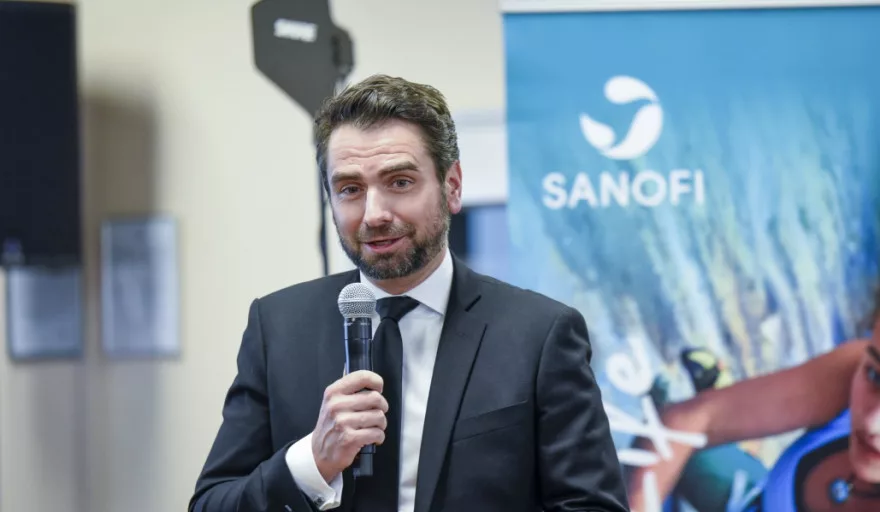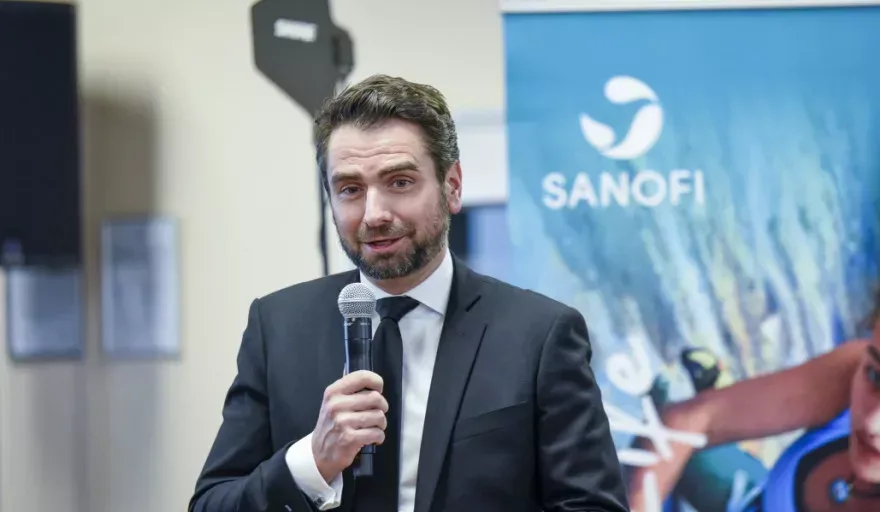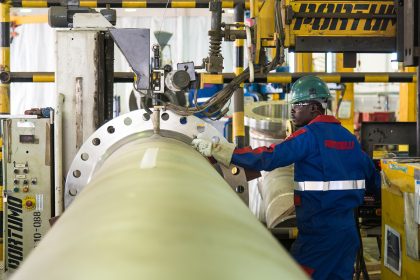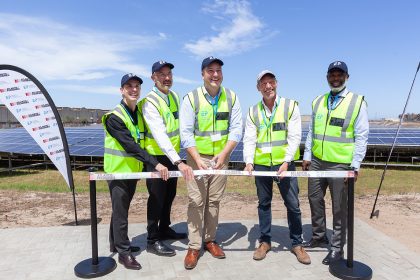
Tuberculosis (TB) is South Africa’s biggest killer.
Despite recent declines, 322,000 South Africans fell ill with TB in 2017 according to the World Health Organization’s (WHO) Global TB Report, while 78,000 died of the disease.
Although there is a degree of uncertainty about these estimations, not least because the WHO itself recently made changes to its methodology used to make TB predictions in South Africa, there is no denying that the it is a huge health problem and one that is preventable with joined up action.
One company looking to orchestrate such activity is French multinational Sanofi.
“There are a lot of challenges in South Africa, a country which has a unique situation when it comes to diseases, which can be divided into two strands,” begins Thibault Crosnier Leconte, Country Chair & General Manager for South Africa, Namibia and Botswana.
“Penetration of infectious diseases like TB and HIV is very high. The second element is non-communicable diseases such as diabetes and cancer, cases of which are growing in the double digits.”
Leconte arrived in South Africa in February 2017 following nine years in Russia, where much of his time was spent spearheading the modernisation of the country’s vaccination system as head of Sanofi’s regional vaccine division.
“I am proud of being part of our success in Russia, and I saw the opportunity to be part of the solution in South Africa,” he adds.
Local legacy
Based out of its HQ in Johannesburg, Sanofi South Africa also serves Botswana and Namibia and is one of very few multinationals with a local manufacturing presence.
The company employs more than 600 people across a diverse range of functions, including commercial, R&D and production at its site in Pretoria, which has been predominantly supplying the public sector since it was set up in 1972.
The site is EU (AIFA) and ANVISA approved and is a global centre of excellence in the production of TB products for the SA and global markets. All TB and mental health products are produced in the country, the upskilling of local people being another important contribution Sanofi is making.
“We have a massive portfolio here,” adds Leconte. “Sanofi also has a strong mental health presence in the region along with a unique portfolio to tackle diabetes and cardiovascular illnesses, so we are very well positioned to address many challenges facing the population.
“I don’t think there is a company that can claim to have as broad a spectrum in this market.”
This local legacy is cemented by the fact Sanofi South Africa has been recognised as a Top Employer by the country’s Top Employers Institute for 14 conservative years.
The power of collaboration
Another goal of Leconte is to drive cooperation between public and private enterprise, the company being a keen supporter of the government’s National Health Insurance scheme which is designed to open up access to medical provision.
“At present South Africa has clear public and private segments, and the level of access to innovation is very different between the two,” he says.
“Around 15 percent of the population are able to use private healthcare, and innovation within this sphere is generally very good, typical of what you might see in a developed system. However, public sector access to innovation is lagging behind, partly because the emphasis is on prioritising volume.”
Supporting startups is another part of the answer, something which Sanofi is championing through its bid to eradicate TB.
“We are going to launch a new product this year, one that I feel will be a gamechanger in the way that we tackle the TB situation in South Africa,” Leconte continues.
“It is a big challenge, and we need to make sure that all TB patients have access to this therapy and are compliant. This is not a quick five-day treatment – it needs to be administered over a period of months, and that presents a major challenge.”
This scenario formed the backdrop of the innovation challenge Sanofi concluded in November 2018, an exercise which helped it identify partners in the marketplace which should help make the rollout of this new treatment a success.
“There is innovation all over South Africa designed at eradicating TB and our vision was to tap into local initiatives and entrepreneurs who have solutions in place, solutions which can be scaled up to a different level,” Leconte adds.
After a rigorous selection process, three startups pitched their ideas to Sanofi executives at AfricArena, a technology conference held in Cape Town.
Iyeza Health, a medication delivery service founded by then 21-year-old Sizwe Nzima in 2013, won the competition and will play an important role in making sure patients receive their prescriptions when the new TB treatment rollout occurs.
“The launch is planned for mid-2019, so we are engaging with all the relevant authorities in South Africa along with a number of other NGOs, which will be vital if we are to scale up this ambition,” says Leconte.
“The response to the challenge was fantastic, and I see a future full of synergy between us and a network of partners.”
This leaves Leconte hopeful of a brighter future for regional delivery of healthcare, the ability to have an impact being the very reason he joined Sanofi and moved to South Africa in the first place.
He concludes: “Both in terms of the TB situation and wider healthcare environment in South Africa, I am optimistic that positive change can and is being made. We need more collaboration, and without optimism the energy will disappear.
“I joined Sanofi 18 years ago because I believed the company makes a significant difference to people. Today I still wake up every morning with the same aspiration to help patients and improve lives.”






























